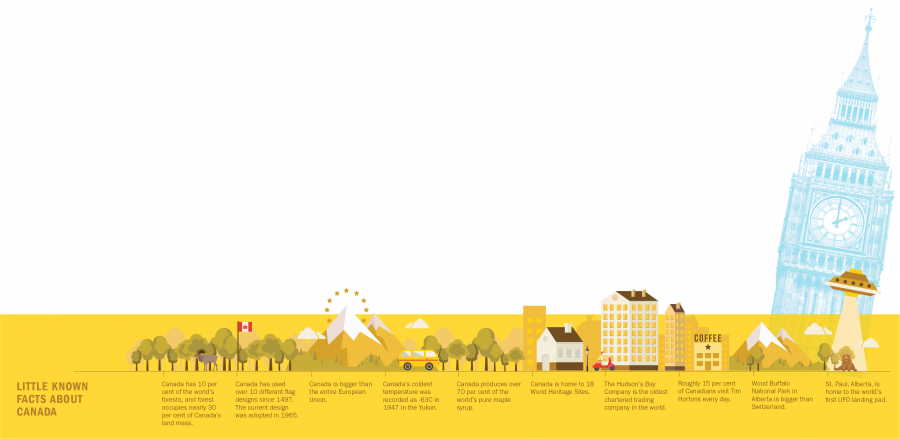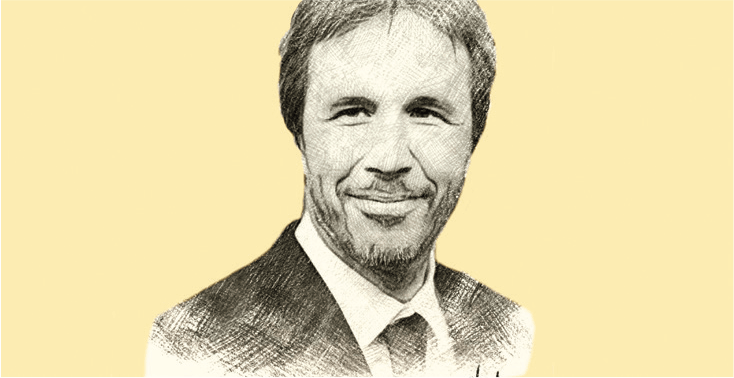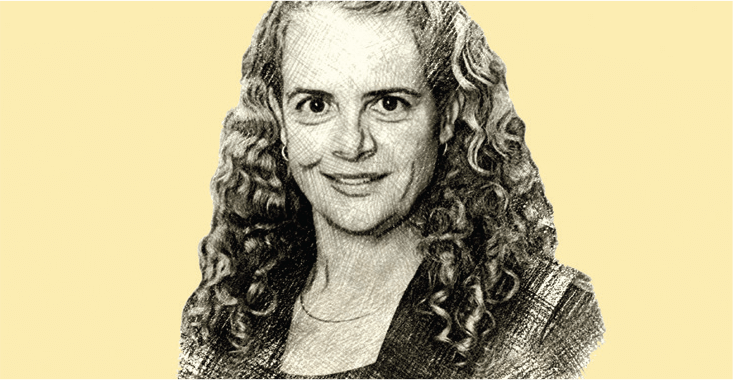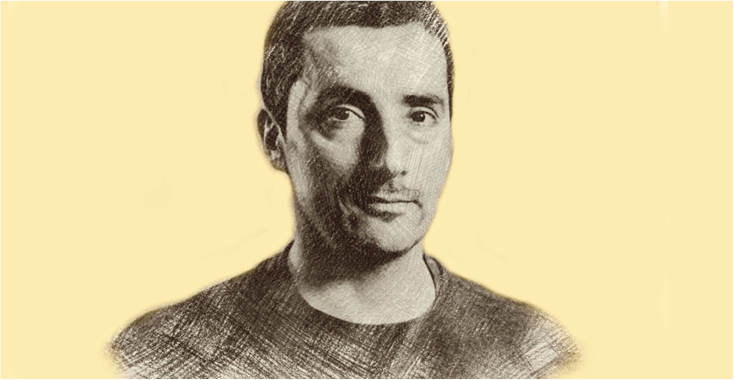Canada’s 28th Governor General
YOU RECENTLY STATED THAT WE ARE AT A HINGE POINT OF HISTORY AND THIS GIVES CANADA A UNIQUE OPPORTUNITY TO LEAD. WHY IS THAT THE CASE?
DJ. First, with technological advances increasing at a geometric progression rate, the capacity of the human response to that is growing at a lesser pace. Secondly, globalization means the world is very connected. Thirdly, we have become even more powerful in our ability to destroy one another and that power has been wide spread. And fourthly, trust has diminished, eroded. More than 50 per cent of the population in the United States, United Kingdom and France, for example, prefer ideology or social media to get their information as opposed to more traditional sources.
The world looks for solutions to bring a kind of order out of chaos. Canada, which has been premised on the belief that diversity is a strength, and it can serve to develop a more resilient, more inclusive, more creative, and more cohesive nation, I think is in the spotlight. And I think we have to do everything we can to build on those strengths in our Canadian way, which is not to be arrogant, but to be persuasive, to demonstrate that we have some lessons for the world, in terms of avoiding extremes, of trying to find common ground, learning how to live with diversity and that inclusiveness is a strength.
ARE YOU CONCERNED AT ALL ABOUT THE WIDENING GAP IN INCOMES? FOR EXAMPLE, PEOPLE WHO CAN AFFORD IT, QUITE OFTEN, GIVE THEIR CHILDREN A BETTER CHANCE, PUT THEM IN A PRIVATE SCHOOL. IN THE LONG RUN, IS THAT AN UNHEALTHY TREND?
DJ. I worry a lot about inequality of the distribution of wealth in societies. I think over history you’ll find when that really becomes skewed, problems begin to emerge, and, ultimately, those societies begin to diminish and sometimes have more difficult consequences. I should say that the private educational initiatives are good, in a sense that diversity is helpful and that striving for excellence is helpful. Then, our public universities are of good quality, as well as being accessible. So, I don’t think it has become a major issue in Canada as it has become in some other countries, where through private education you do either develop or reinforce a class system.
DO YOU THINK THAT IN TERMS OF A BETTER WORLD, CANADIANS HAVE NOT ONLY AN OPPORTUNITY, BUT ALSO AN OBLIGATION TO TRY TO INFLUENCE ORGANIZATIONS LIKE THE UNITED NATIONS, THE WORLD BANK, THE IMF, AND THE INTERNATIONAL RED CROSS, AND BE MORE COMPETITIVE FOR THE KIND OF JOBS THAT ARE THERE SO THAT WE CAN BRING THE CANADIAN PERSPECTIVE TO THESE ORGANIZATIONS?
DJ. Absolutely. You know I think we look at the leadership of Lester Pearson, for example, who for good reason won a Nobel Peace Prize, not simply for the Suez intervention, but representing the best of those Canadian values, which embrace the kind of institutions you’ve just spoken about.
And we have traditionally played a disproportionately large role in those organizations and I think that is to the credit of Canada. I guess I would also say that you do that not simply to make the world a better place, but to make your country a better place.
One of the things that concerns me about our complacency is only three per cent of our university students study abroad on exchange or work abroad in a volunteer capacity or some other capacity. That should be a much, much higher per centage because it’s important for young Canadians to be global citizens.
ONE OF THE THINGS I KNOW YOU’RE VERY INTERESTED IN IS INNOVATION, AND CANADA’S ROLE, OR LACK OF IT SOMETIMES, IN BEING AN INNOVATIVE COUNTRY. WHEN YOU LOOK AT THE WORLD CHARTS ON INNOVATION, CANADA DOESN’T EVER SEEM TO MOVE UP. WHAT DO YOU THINK THE PROBLEM IS?
DJ. It troubles me because the smart and caring nation, of course, is an important theme that we’ve been pushing, and learning and innovation have been one of the three pillars for that—philanthropy and volunteerism being another—and Canada does not perform as well as it should in a number of the measures, including productivity. I worry about the complacency that we sometimes don’t work, or feel we have to work as hard on the smart part, that we don’t push that excellence button along with the equality of opportunity button. And, I think, the best way to do that is by exposing yourself to the world, whether it be in trade or in cultural pursuits, or whether it be in contribution to international relations. Let’s take on the world in trade, let’s take on the world culturally, let’s take on the world in our international aid being larger in quantity than it is at the present time, but also sharper and more qualitative.
We created a Governor General’s Innovation Award with about 45 networking partners, each of whom was interested in innovation and would recognize it to try and magnify their effect. Those awards have been going for two years now.
WHAT I’M HEARING FROM YOU, IS WE HAVE A GOOD COUNTRY, WE COULD MAKE IT BETTER, WE HAVE TO CONTINUE ALL THE QUALITIES THAT HAVE SERVED US WELL SO FAR. BUT, WE DO HAVE TO, IN AN INTERNATIONAL SENSE, BECOME MORE COMPETITIVE, UP OUR GAME, AND COMPARE OURSELVES WITH THE BEST IN WHATEVER FIELDS WE THINK WE CAN COMPETE IN.
DJ. I would add that, you know we’ve been blessed, we have not had a shot fired in anger on our soil for 200 years. We’ve been protected in this North American continent. We have learned how to interact with a somewhat challenging environment and have developed an affluence that is the envy of many people in the world. So, we have not had the natural stimulus to innovate that other countries have had. Many countries have had challenges externally, and in responding to them they’ve been very inventive and creative. We haven’t had those same challenges, so we have to impose the challenge on ourselves and be sure that we’re upping our game accordingly.
This interview has been edited for length.













